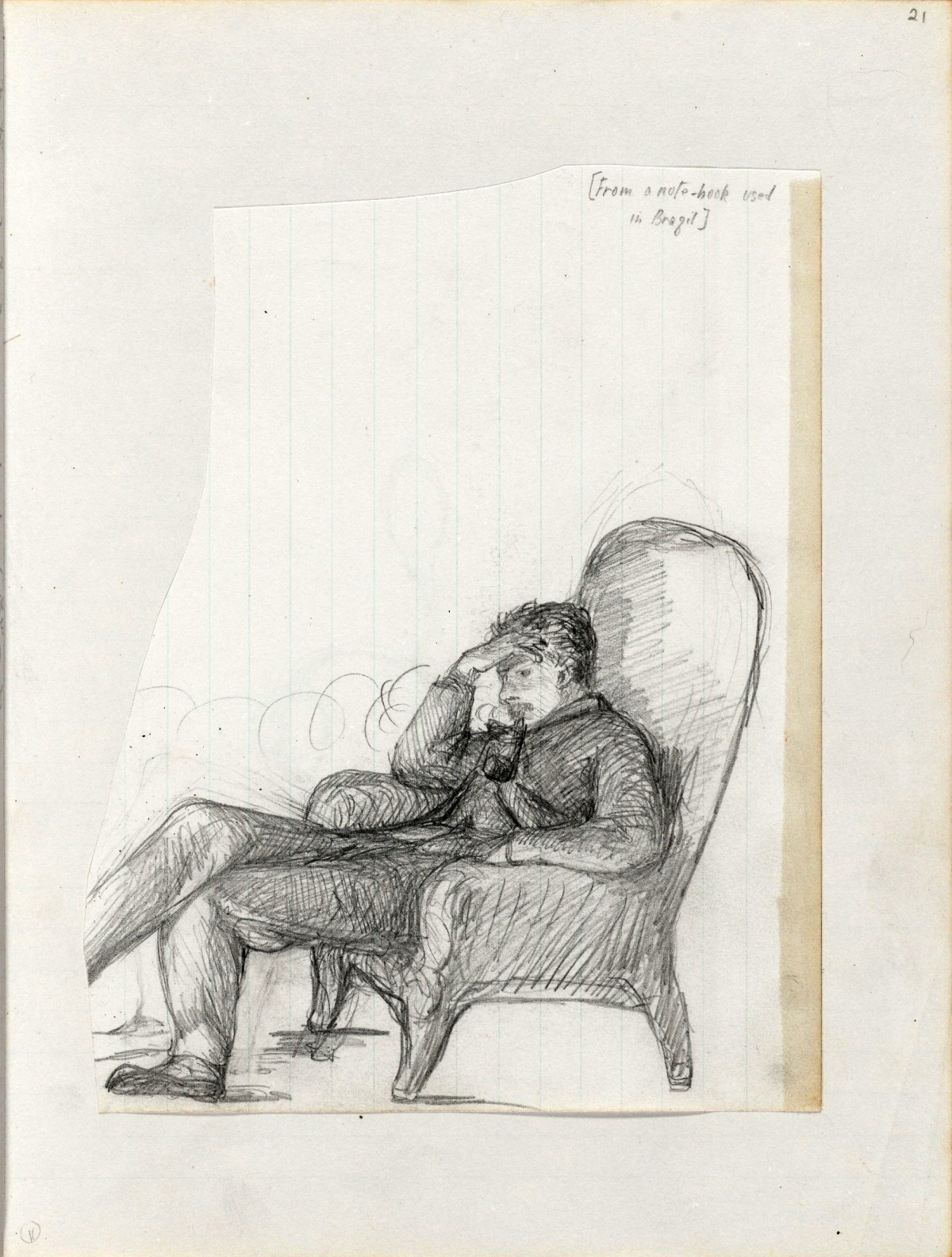FA18 PHIL416/516

Pragmatism (PHIL416/516)
Professor: Alexander Klein
MW 3:30–4:45pm, LA1–304
In 1898, William James ignited a philosophical bomb by publishing a talk he had delivered at UC Berkeley earlier that summer. “Philosophical Conceptions and Practical Results” introduced the world to pragmatism, a philosophical doctrine that had at its heart a curious account of meaning. James credited his old friend Charles S. Peirce with the original formulation of this account. “Consider what effects, which might conceivably have practical bearings, we conceive the object of our conception to have,” Peirce had written. “Then, our conception of these effects is the whole of our conception of the object.” This seemingly arcane pronouncement sparked outrage that is hard to overstate. One commentator warned of pragmatism’s dark “moral consequences,” calling the view “a degrading sophistry.” Others derided it as American capitalism run amok. Why all the hellfire?
One source of ire is that pragmatists often deployed their account of meaning to offer radical analyses of familiar concepts like truth, goodness, god, and beauty. For instance the pragmatic meaning of “truth,” according to a standard analysis, is just whatever consensus scientific inquiry would produce were it to be pursued as far as possible. This sort of account rejects any notion of truth that transcends real human inquiry, a rejection that was (and remains) a source of the scorn to which pragmatism has long been subject.
In this class we will seek charitably to unpack the philosophical dimensions of golden-era pragmatism, focusing on the works of Peirce, James, and Dewey. Both Peirce and James were trained scientists, and they saw pragmatism as an application of good scientific methodology to philosophy. As such, we will pay special attention to the pragmatists’ philosophy of science, and to the general scientific milieu out of which their philosophy grew. For instance, James was a pioneer of experimental psychology, and we will see how some of his work on perception informs his mature pragmatism. We will also study some of the pragmatists’ ground-breaking and heretical writings on ethics and religion, both issues of crucial importance for this movement as well. Finally, we may also consider some works by related figures like Ernst Mach, William Clifford, Herbert Spencer, W. E. B. DuBois, Jane Addams, and others.
